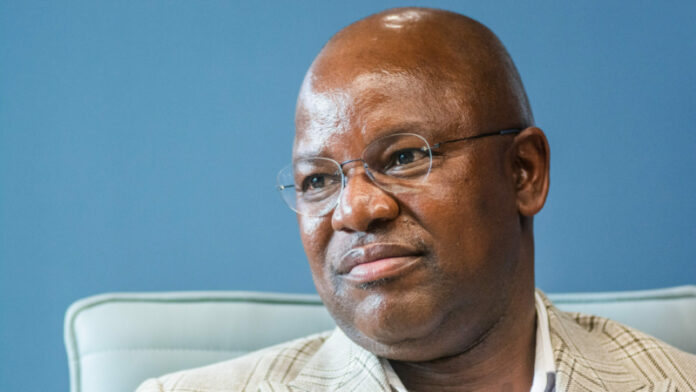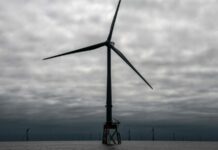
THUNGELA Resources said it was still on the hunt for offshore metallurgical and thermal coal assets but Anglo American’s Australian assets weren’t on its list.
“It’s a bit too large for us,” said July Ndlovu, CEO of Thungela on Tuesday. “We see opportunities in assets where owners have stopped investing and are inefficient and would require our skills and capital allocation,” he said.
Anglo American CEO, Duncan Wanblad said at the FT Mining Summit in September that the firm was on track to sell its metallugical coal mines by early next year at the latest. “We are now in round two and we have a handful of selected tenders that will take us through to the end,” he said.
Thungela, created from the demerger of Anglo’s South African domestic and export thermal coal mines in 2021, was seeking a repeat of its 2023 deal in which it bought the Ensham mine for A$335m.
“If we could find another Ensham in thermal or metallurgical coal that would be interesting to get over the line,” said Ndlovu. “We don’t have anything to report at the moment, but the reason we are outward looking is that we see opportunities.”
Asked if Thungela would consider diversifying into other minerals, Ndlovu said: “We understand coal and bulks and we can create value for shareholders there. W don’t want to play where we don’t understand the assets”.
Shares in Thungela have been on the rise in the last month partly owing to increases in the forward prices of coal ex-Newcastle as well as API 4, South Africa’s export product. Ndlovu warned though that it was difficult to say where the price might go.
“I tend to think coal prices will be range-bound unless something in the Middle East happens, then they will start to run,” he said. “At the moment geopolitics is playing an oversize role in the direction of coal prices so I don’t take anything [seriously] longer than a week at the moment”.
According to reports, Israel could target Iranian oil refineries in retaliation for ballastic missile attacks this week on Tel Aviv and other targets across the country.
“Forward curve prices look like they are ticking up on the back security concerns especially aroung gas and taking energy complex with it,” said Ndlovu. “If there is a wider war in the Middle East it is likely to affect oil and gas. That is what seen on the screens,” he said.











